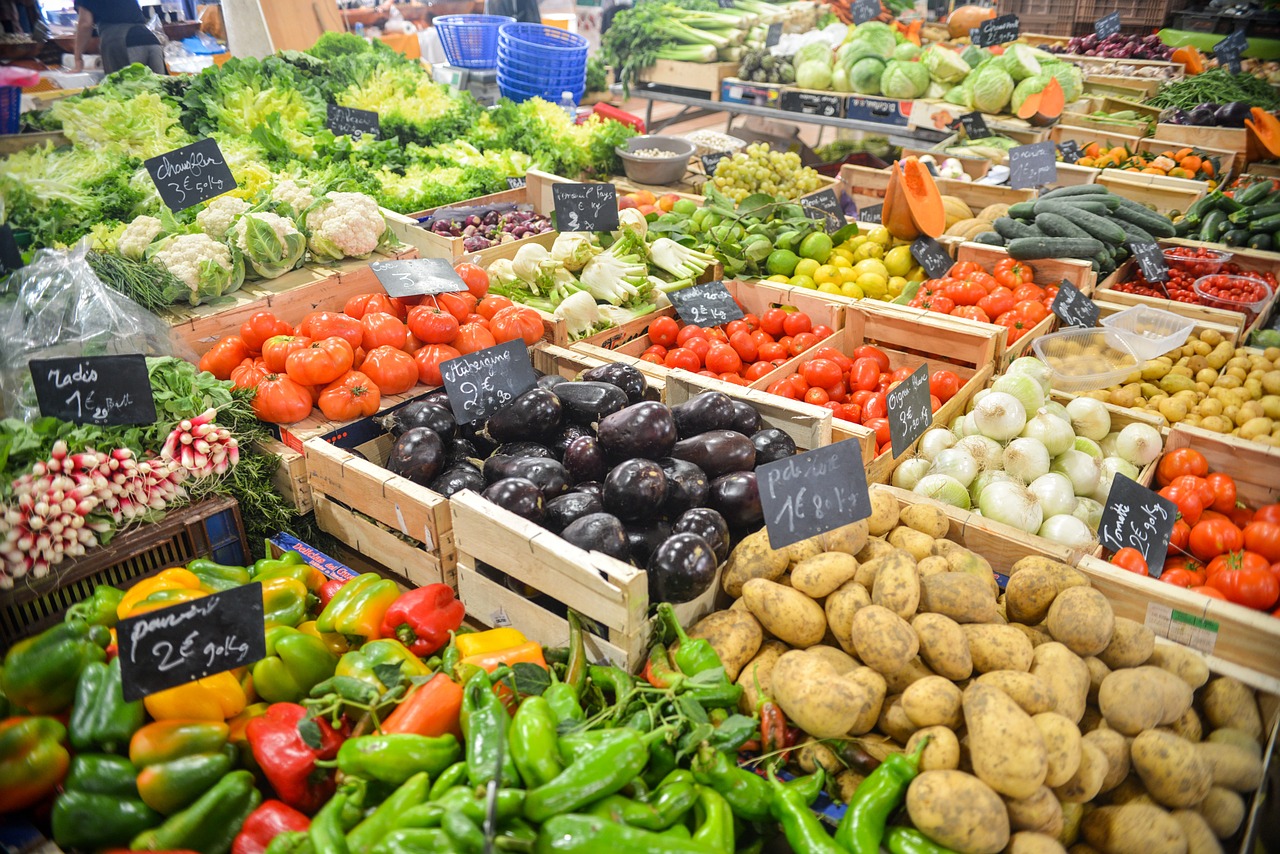
With increased awareness of harmful practices that are often used in the production of mass-produced foods – GMOs, pesticides, hormones, etc. – there’s been a huge surge in the desire for organic foods; in particular, organic produce.
Organic produce refers to fruits and vegetables that meet the stringent rules that have been set forth by the U.S. Department of Agriculture (USDA). In order to be certified USDA organic, produce must be grown in soil that has not been treated with synthetic fertilizers, pesticides, and other prohibited substances for a minimum of three years before being harvested, and free of artificial colors, flavors, and preservatives, among other things.
How 3PLs Play a Role in Keeping Organic Produce Fresh
Because many producers of organic produce rely on third-party logistics 3PLs to package, transport and deliver their goods to consumers to keep fresh. 3PLs need to take additional steps to ensure that the food arrives safely. What type of steps? – Below, you’ll find a list of some of the extra steps that 3PLs need to take in order to transport organic produce.
3PLs and Organic Produce
In order to ensure that non-genetically modified, non-altered fruits and vegetables retain their freshness during the shipping process, 3PLs must take several additional steps that aren’t required for non-organic produce. These steps include:
- Pre-cooling the trucks that are used for shipment. While non-organic produce may be shipped in refrigerated trucks, they don’t have to be pre-cooled before loading; however, with organic produce, to ensure a hospitable environment, the trucks must be pre-cooled, as doing so helps to “lock-in” freshness.
- The majority of organic products must be shipped with other organic produce; it cannot be shipped with other non-organic produce, as doing so could lead to contamination. For example, particles from pesticides that non-organic fruits were exposed to could potentially transfer to fruits that were grown in pesticide-free environments, thereby organic produce inorganic.
- In the event that organic produce is permitted to be shipped with non-organic foods, extra steps must be taken to keep the two separated. For example, they may be stored in separate locations on trucks and partitions may be used to keep them separated.
- Equipment that is to store and transport non-organic fruits and vegetables cannot be used to store and transport organic foods, as doing so could lead to the transfer of chemicals, thereby rendering the organic produce inorganic.
Summing It Up
When shipping organic produce, 3PLs must take great care to ensure that the items that have been designated “certified organic” remain that way. By taking the above-mentioned precautions, a reputable 3PL can ensure that consumers receive fresh, high-quality organic produce.
Nebraska Warehouse One-Stop-Shop | Technology Enabled 3PL Value-Added Services Warehouse | Freight Broker | Logistics
Nebraska Warehouse doesn’t just help to facilitate your shipments, but we are truly a one-stop-shop solutions provider. Our services include:
-
- Professional Storage Development and Management
- Quality controlled Environment
- Responsive, Personal Customer Service
- Reasonable Price
- Real Estate Development and Management
- LTL & FTL Shipping
- Refrigerated Trucking & Storage
- E-Technology Software
- Transportation Freight
- Dedicated Contract Warehousing
- 3PL Public Warehousing
- 3PL Specifications
